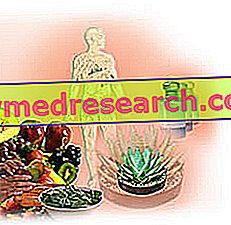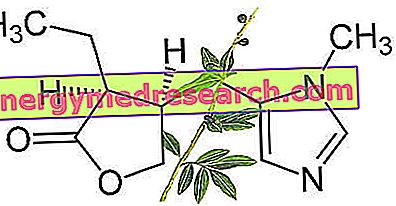Definition
Spasm is a sudden and involuntary muscle contraction. It can affect one or more voluntary or involuntary muscles, so both striated muscles and the smooth muscles of a hollow organ or an orifice.
Spasms may arise in an isolated or sequential form; sometimes they are painful.
Tonic spasms (intense and prolonged) and clonic spasms (intermittent, short and rapid) can be distinguished. There are also tonic-clonic spasms, which combine the characteristics of both types of spasms.
Spasmodic muscle contraction may be due to a large number of medical conditions.
The most clinically evident spasms are those caused by tetanus (characteristic is the contraction of the masseter and facial muscles that cause, respectively, trismus and sardonic rice), hypocalcemia, alkalosis and peripheral paralysis of the facial nerve.
Other examples of less severe muscle spasms are blepharospasm, hiccups, laryngeal dystonia and pain syndromes involving sensory nerves (eg, trigeminal irritation).
Possible Causes * of Muscle Spasms
- Unstable Angina
- Angina pectoris
- Spinal Muscular Atrophy
- Esophageal diverticula
- Fetal erythroblastosis
- Inflammation of the trigeminal nerve
- Malignant hyperthermia
- Hypoparathyroidism
- Huntington's disease
- Myelitis
- myelopathy
- Neuroblastoma
- Spastic paraparesis
- Anal fissures
- Gastroesophageal reflux
- Amyotrophic lateral sclerosis
- Multiple sclerosis
- Tuberous sclerosis
- Restless legs syndrome
- Serotonin syndrome
- Syringomyelia
- Ankylosing spondylitis
- spondylolisthesis
- Muscle Stretching
- Tetanus



